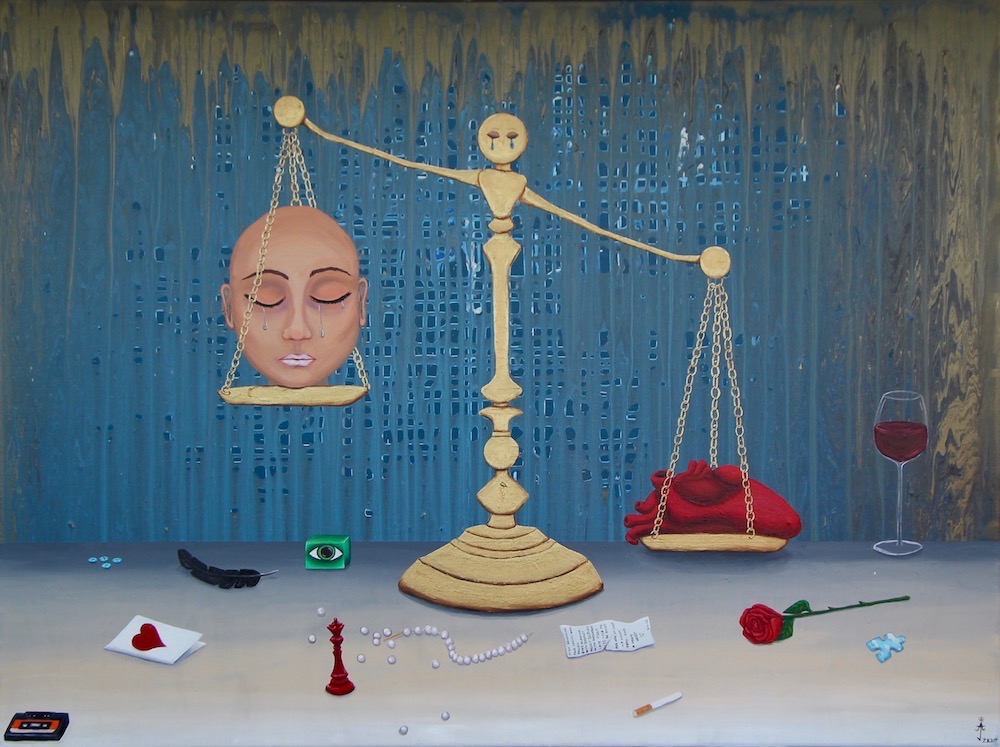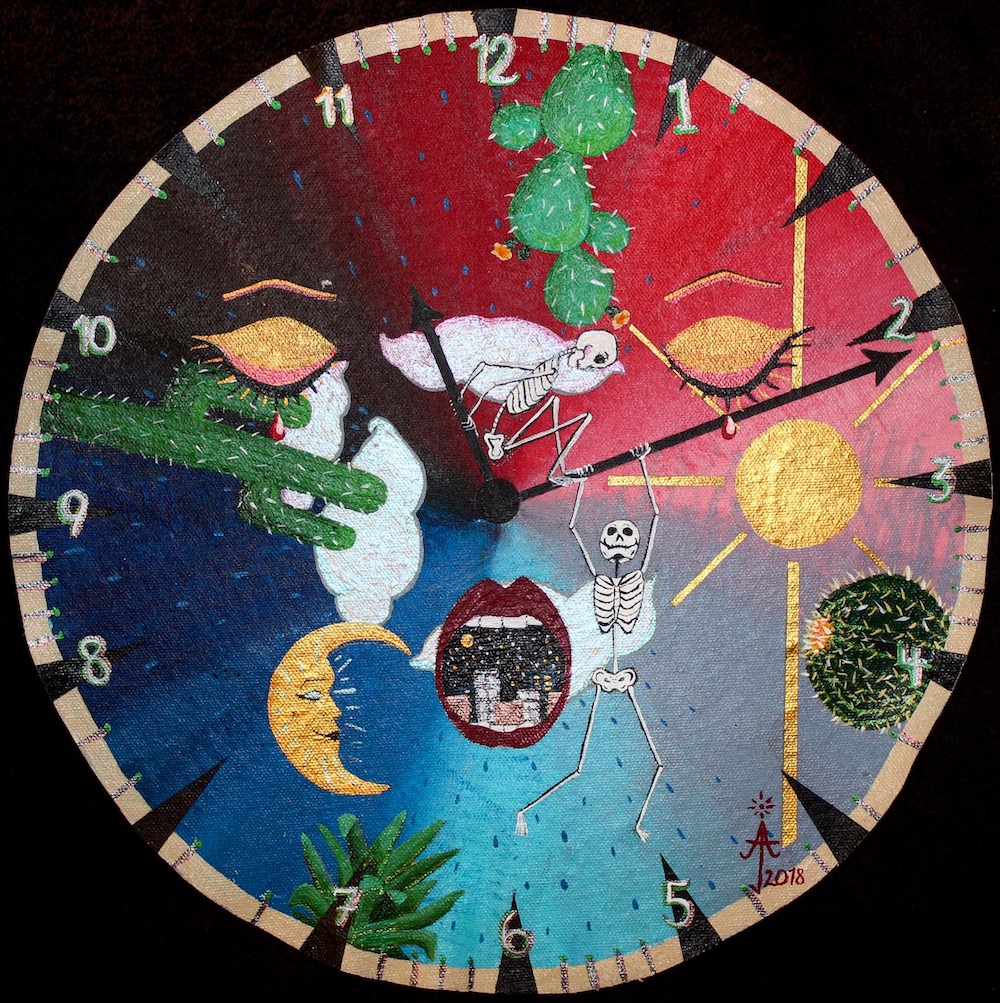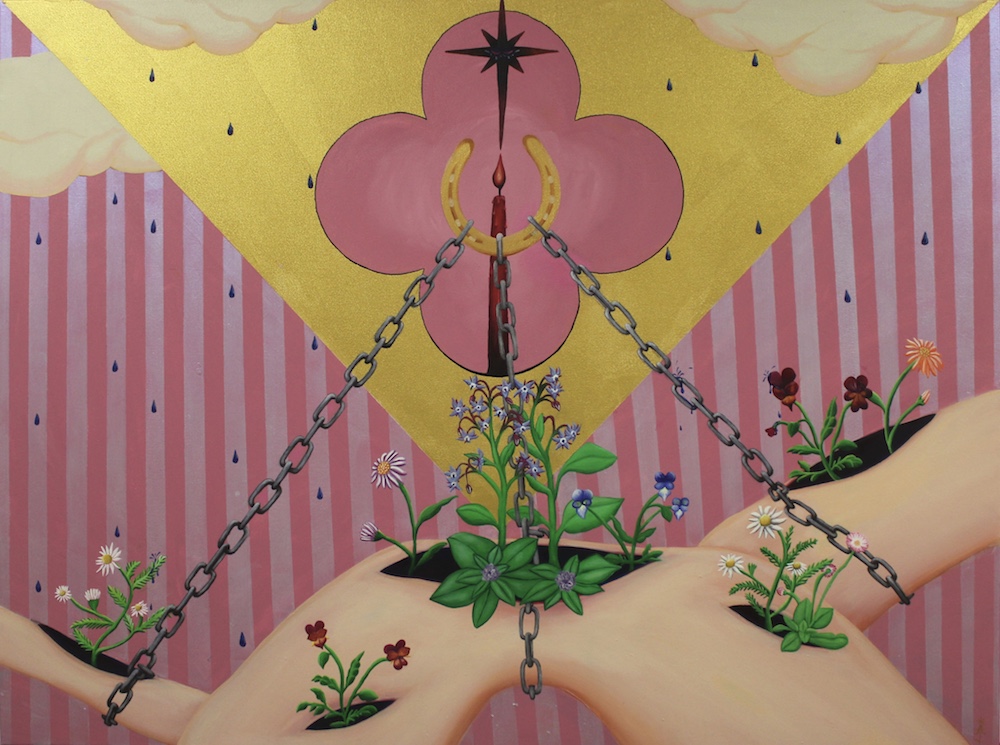Essay by Joan Frank
An Epiphany From a So-Called Sad Story

The following account could, for some of us, perhaps compete with Ford Madox Ford’s notion of the “saddest story ever told.”
It may also strike fellow writers as too familiar.
Everyone else? Talk amongst yourselves.
This is the story of making a book. Or, more precisely, of what followed after the book was written. It happened a long time ago, here on Earth.
I finished the novel in a kind of molten urgency, determined to get it told following the death of a beloved, complex friend. Its arc may echo that of William Stoner in the brilliant John Williams novel by that name, as it narrates a quiet, self-effacing life that might have otherwise slipped invisibly past—ignored, mocked, or scorned.
Stoner’s trajectory can be read as bewildering for the relentless pile-up of ordeals endured by its namesake. They are ordeals that find—against our conventional yearning—no resolution, justification, or rationale. The book is not an easy nor a comforting read. But it stands like a titan amid its literary brethren: a quiet jewel, a thing apart whose numinousness only intensifies as we revisit it over the years.
Needless to say, if you’ve not yet absorbed Stoner and you love literary fiction, please do yourself the extreme favor of finding it. Then please read Steve Almond’s impassioned consideration and book William Stoner and the Battle for the Inner Life.
As it happens, though, I had no thought for the two novels’ parallelism when I commenced offering my own Stoner, ultimately called The Outlook for Earthlings. Like most, I started by submitting the manuscript to literary agents. A long game began—or maybe, rather, a dance—again, known far too well to most writers: Fiercely Hopeful Petitioner Steps Forward, Meets Radio Silence and Steps Back, Pelted by Sad Praise–Laden Rejection.
Hundreds and hundreds of them. Rejections, that is.
At a certain point early on in the agent search, one single soul—still remembered with love by many—said yes to the novel, in a letter so filled with appreciation that I’ve kept it framed under glass. Her name was Christina “Kit” Ward. I felt convinced, when Kit wrote to me, that everything beautiful was about to begin, not least a golden friendship. My overflowing heart envisioned a sale and contract, positive critical response followed by another contract, and the same process then repeating ever after.
I felt so certain of success, I mailed Kit a magic wand purchased from a costume store.
Kit could not sell the novel.
She tried to console me by suggesting, very gently, that I adapt a mental stance of subtle detachment from publishers’ responses. It had to do, this mental state, she said, with “not being unattached.” I understood, fleetingly, what Kit was urging. I still loved her. But I learned that not only could I not find such detachment in myself, I couldn’t want to find it. If desire guaranteed suffering, so be it. I would desire. A couple of years later, Kit suddenly died.
After a stunned period, I resumed querying agents. What else was there to do? Years of drawn-out trials ensued. Agents took eons to respond—if they responded at all. After fruitlessly approaching more than two hundred of them, and after an extended minuet with one who, capping a year of warm phone calls and editing suggestions, announced that his firm’s “fiction committee” had nixed the project, I gave up on agents and began directly seeking any small publisher for the novel. During this process, I became a sort of walking almanac of small literary presses. I learned their mastheads, profiles, and track records. Inevitably, they struggled. Some perished. Others, by turns, kept being born.
I tried to stay abreast. I entered contests.
Rejections continued. Many were framed in language I found cold and cutting. Others contained elaborate expressions of regret, explaining how their tiny operation simply could not take on all the titles it admired. These also often offered lavish praise, much of which I recorded. Some compliments were so good (spoiler here) that I wound up using them as blurbs—seventeen years later.
I still have the thirty-some pages of those single-spaced, 9-point-type lists of rejections, agents’ and publishers’ comments and compliments. I’m still not sure why I felt I had to keep such meticulous records. Likely in part so as not to repeat myself too soon each time I chose targets for the next volley of submissions. (I queried a lot of them more than once, over the years.) But I think I also carried within me a strange, gathering sense of building a case of some kind, of amassing evidence.
At this point, please believe that I’m aware that any reader with a kernel of reason will wonder why I persisted. Said reader might also sensibly wonder whether my faith in my own writing (or at least in the novel) didn’t begin to tremble by then. The answer may sound a little monstrous.
I knew the book was difficult. I also knew that any number of “difficult” literary works have never stopped pouring into public view, starting from way, way back—and that many have since wound up being embraced, lauded, even cherished.
It might be worth examining Stoner’s history for this reason. Reception of the novel wasn’t good when Williams brought it out: it scarcely made a ripple before sinking utterly. Critics shrugged, turned up their noses.
In a 2014 New York Times article about the novel’s painful early life, Steve Almond commented:
Since its publication in 1965, Stoner has gone out of print twice, doomed by its mundane plot and restrained style. But a funny thing happened on the way to the remainders table. Thanks to a legion of [latter-day] disciples, many of them prominent writers (along with Tom Hanks, who recommended the book in a Time interview), Stoner became the Little Novel That Could. Despite selling only 2,000 copies in its initial printing, it topped best-seller lists all across Europe last year, and has steadily infiltrated literary discussions about the American canon. For the most part . . . this tale of literary resurrection affirms our sense that posterity shouldn’t be about publishing trends or marketing budgets. Herman Melville figured Moby-Dick would be his masterpiece and was bewildered when it bombed. The Great Gatsby was dismissed for years as a minor work. The list goes on. Orwell famously argued that the only real critic of literature is time.

One takes Almond’s information to heart and holds it there, let me assure you, damned close. One tells oneself his logic makes sense. Emotionally, however, rejections of Earthlings never grew easier to take. Only the praise that also came so reliably with those rejections encouraged me that I had not been insane, had not wrongly believed Earthlings a story worth telling.
Still: I could not fathom why people so consistently went to such lengths to glorify the novel while, like clockwork, declining it.
Of Earthlings, some editors said, “too literary.” What can “literary” mean in this context? We may take turns guessing. Cerebral? Interior? Discomfiting? Guilty on all counts. At the miserable heart of it, I understood what those editors wished to convey: We don’t believe this will sell. To which I have no good answer except—well, we can also name hundreds, maybe thousands, of such works that, by coming into the world, have at least initially justified someone’s earnest idea that they should, in fact, exist.
So in a spirit combining stubbornness, routine, and morbid curiosity (how long can this seriously go on?), I kept offering the book. I kept entering contests. I kept recording the dates and language of rejections and of praise.
At the same time I never stopped making other work—essays, stories, new novels. For each, of course, I undertook the usual actions to secure publishing homes for them. Through all of it, I also tended, like everyone, to the quotidian human chores, the bills and cleaning, exercise, travel, family, friends, loves, and losses: the big pile of Life Spaghetti that enmeshes and entwines us all.
Across those years, submitting Earthlings became routine. I also saw it as a method of fishing I had noticed out at Ocean Beach in San Francisco, where I’d lived. Gigantic poles, attached to long lines cast far out to sea, had been propped along the shore in the cold, saline fog, spaced at a generous distance from each other. The fisherman in charge of them had stationed a nearby folding chair in the sand alongside a stash of supplies (thermos, food, radio) so he could easily keep his eyes on his lines.
Earthlings, you see, was always one of several fishing lines. And it just stood there and stood there, while other lines caught things and were packed up, and new lines were staked.
After still more years, submitting the novel became so seamlessly ingrained, so thoughtless an act of maintenance—like brushing one’s teeth or lacing one’s sneakers—that I began without consciousness to internalize Kit’s original advice: I almost lost attachment to any outcome. I had quietly let go of the concept of results, without ceasing to try. The reflex had morphed into a soothing ritual—the floor you swept, the pet you fed—before turning to other work.

At some buried level, I still guarded the sense that a miracle was possible—that someone might one day take the novel. But that possibility remained so deeply sealed off, I dared not exhume it, dared not indulge entertaining it. Doing so might contaminate the fresher hopefulness of energies directed toward making, and offering, new work.
The small publisher that, late one summer fifteen years on, sent an email declaring that it would be delighted to accept Earthlings was very young on the small press scene and ambitious.
My sense of the event, after the whump of shock chased by disbelief and then distrust, after scanning the publisher’s history and checking with a couple of authors it had brought out, my sense was that this publisher’s credentials seemed valid.
It wasn’t my ideal venue. But, dear Lord, I’d relinquished ideals what felt like lifetimes ago. I wrote to a best friend who knows the small press scene: “Is this a thing?” Yes, it is, she said. Why not go ahead?
Fifteen years.
Slowly, like an emigrant preparing for a long crossing, still dull with disbelief, I began the time-honored exertions of bringing out Earthlings as a real, live book. I contacted friends who’d agree to read and blurb it. I mulled cover images. I composed summaries of the story for marketing and jacket-flap copy. I compiled lists of literary venues, local and national media, writing programs, and art residencies to notify.
At some level I remained dazed. These motions, always in service of other works, were actually now happening for Earthlings—the eternal stepchild, the ugly duckling. Is there a punchline?
Glad you asked. There are two.
First, Earthlings (and two other books of mine, as luck and tragicomic coincidence would arrange it) would be published two years later, in that triply catastrophic year for authors bringing out new work or for anyone doing anything: 2020. A year of pandemic, wildfires, and rabid political, economic, and social agonies. Life outstrips art, ready or not.
Again, I cannot claim here that I alone have escaped to tell you. Countless writers at every rung of the notoriety ladder have had to confront the isolated, Zoom-confined, muffled predicament of publishing a book in 2020. Of course, those other writers may not have waited seventeen years. Then again, who knows?
Please allow this: the reviews of Earthlings that emerged, pandemic or no, world cataclysm or no, were heartmashingly lovely:
“Line by line . . . continually stunned us with its grace.”
“An elegant elegy.”
“Perhaps [her] best work.”
“Compulsively readable.”
Did fame and fortune appear? That would have made a glorious finish. Alas: fame and fortune seem to have long ago missed the freeway turnoff to my house. Instead, something like a faint mist—say, of wry amusement—effervesces spicily around this tale, like the zest scraped from lemons or ginger ale bubbles. Maybe this is what “seasoning” means.
I told myself the sequence makes, if nothing more, a story worth telling. Then came a second shoe, plunking down. At the end of a radio interview by telephone heralding the occasion of Earthlings, after I’d confessed the true history of its seventeen years as a bridesmaid, my kind interlocutor remarked:
“Let me ask you this, Joan. Today,” (he named that day’s date), “looking back on all your books—what does it make you think? What do you have to say about it?”
The question blindsided me. My skull emptied.
Then it filled with (swear to heaven) brilliant light.
A beat later I found myself astonished by the words coming from my own mouth. “That I’ve been able to inhabit my calling,” I heard myself say. Hesitantly, I repeated what I’d heard.
“I’ve been able—to live—inside my calling.” I’d done it despite the day jobs in between and after them, always riding the full-tilt, gory carousel of human striving. Making work had shaped and driven and irradiated my days. My years. My being.
Wonderment flooded me—tantamount to Pinocchio’s, looking down at his newly fleshed body after a childhood made of wood.
My radio host, although I could not see him, must have been glowing. He’d blown his guest speaker’s mind. Get back, then, inner whiner! The plain, innocent fact of it, the late, if blatant, revelation of it, has been wagging a reminding finger at me ever since, every single time I reflect on this so-called saddest story ever told.

Publishing Information
- “You Should Seriously Read ‘Stoner’ Right Now” by Steve Almond, The New York Times Magazine, May 9, 2014.
- William Stoner and the Battle for the Inner Life by Steve Almond (Ig Publishing, 2019).
Art Information
- “Fool's Gold,” “11:11,” “Bloom,” and “Luck of the Draw” © Audrey Jackson; used by permission.
 Joan Frank’s latest novel, The Outlook for Earthlings, is published by Regal House Publishing. Recent books include Where You’re All Going: Four Novellas (Sarabande Books, 2020), which won the Mary McCarthy Prize for Short Fiction, and Try to Get Lost: Essays on Travel and Place (University of New Mexico Press, 2020), which won the River Teeth Literary Nonfiction Book Prize. She lives in Northern California.
Joan Frank’s latest novel, The Outlook for Earthlings, is published by Regal House Publishing. Recent books include Where You’re All Going: Four Novellas (Sarabande Books, 2020), which won the Mary McCarthy Prize for Short Fiction, and Try to Get Lost: Essays on Travel and Place (University of New Mexico Press, 2020), which won the River Teeth Literary Nonfiction Book Prize. She lives in Northern California.
For more information, visit Joan Frank's website.
